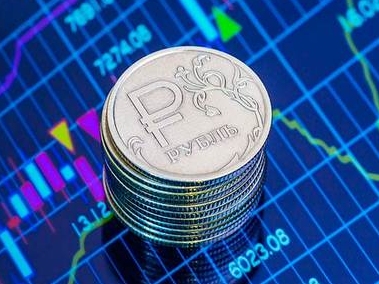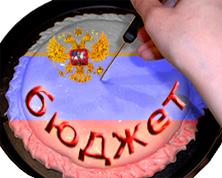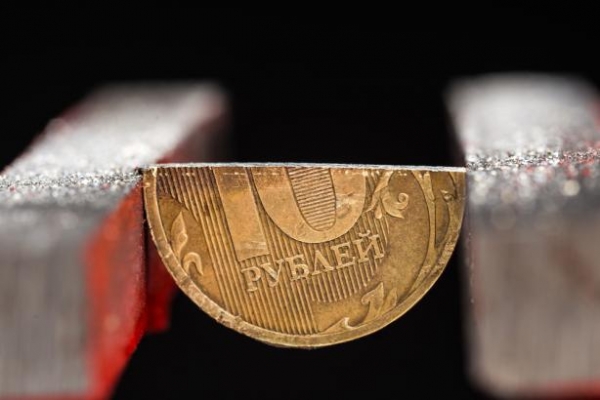
Initiated by the Russian authorities printing money to cover budget deficit is at risk of becoming uncontrollable due to the appetites of the elites who RUB the printing machine will replace the oil rent. To such conclusion experts of the Higher school of Economics “Macroeconomic forecast 2016-2020”, according to Finanz.
Economists estimate that with oil at 35 dollars per barrel (base case scenario) the budget of the Russian Federation the desired emission of 2.5-3 trillion rubles a year.
While it is held in the form of an operations Reserve Fund: the Finance Ministry is changing the currency to rubles at the Central Bank, which issues the sum. However, the currency reserves in the Fund can run out before the crisis in the oil market (basic scenario Economics assumes $ 35 per barrel by 2020).
In these conditions “special risk for Russia is the manual management of the economy and its inherent categorically: emissions can go beyond safe limits, after which the process becomes irreversible and (after a possible short-term improvement of economic dynamics) may lead to a complete loss of macroeconomic stability”, warns the HSE.
To cross the line beyond which the emission will bring down the economy, officials can “due to political expediency or a strong lobby, and due to the absence in the Russian political system mechanisms that provide for a balanced policy”.
“In the face of shrinking budgetary pie large and strong lobbyists crowd out weaker, not taking into account the rational arguments about the comparative effectiveness and public significance of different types of expenditure. Given the current power of lobbyists and corporations in the defense sector and affiliated with the ruling elite contractors, “optimization” affects them the least,” — reminiscent of the HSE.
For elites RUB the printing machine can be a “new source of rents for the replacement of oil and gas revenues”. It “will allow to gain time, but at the cost of increased macroeconomic risks to a critical level”.
For the population this policy will result in impoverishment.
“In the case of large amounts of equity infusions will be double-digit inflation, will increase capital outflow, may start to unwind devaluation-inflation spiral. The income and savings of the population will continue to decline in real terms, even if equity financing will be provided by their nominal growth,” describe the scenario in Economics.
In addition to emission there are other ways to solve budget problems, in which every fourth rouble is not provided in cash — sale of state-owned companies, increased taxes and, finally, reducing costs.
However, according to the HSE, on large-scale privatization the state will not go because of the reluctance to reduce its presence in the economy. Increasing taxes would bankrupt the business. Reducing government spending, which account for more than half of GDP, will make the recession worse.
Ability to maintain stability will be exhausted in 2016-17 biennium, according to the economists.
“Tough choice between the vital interests of the wider population and “state” business. All efforts to stabilize the macroeconomy will not give a lasting effect if the largest state corporations, the defense lobby, the security forces and affiliated government contractors will not be willing to reduce their appetites”, — stated in the forecast.







